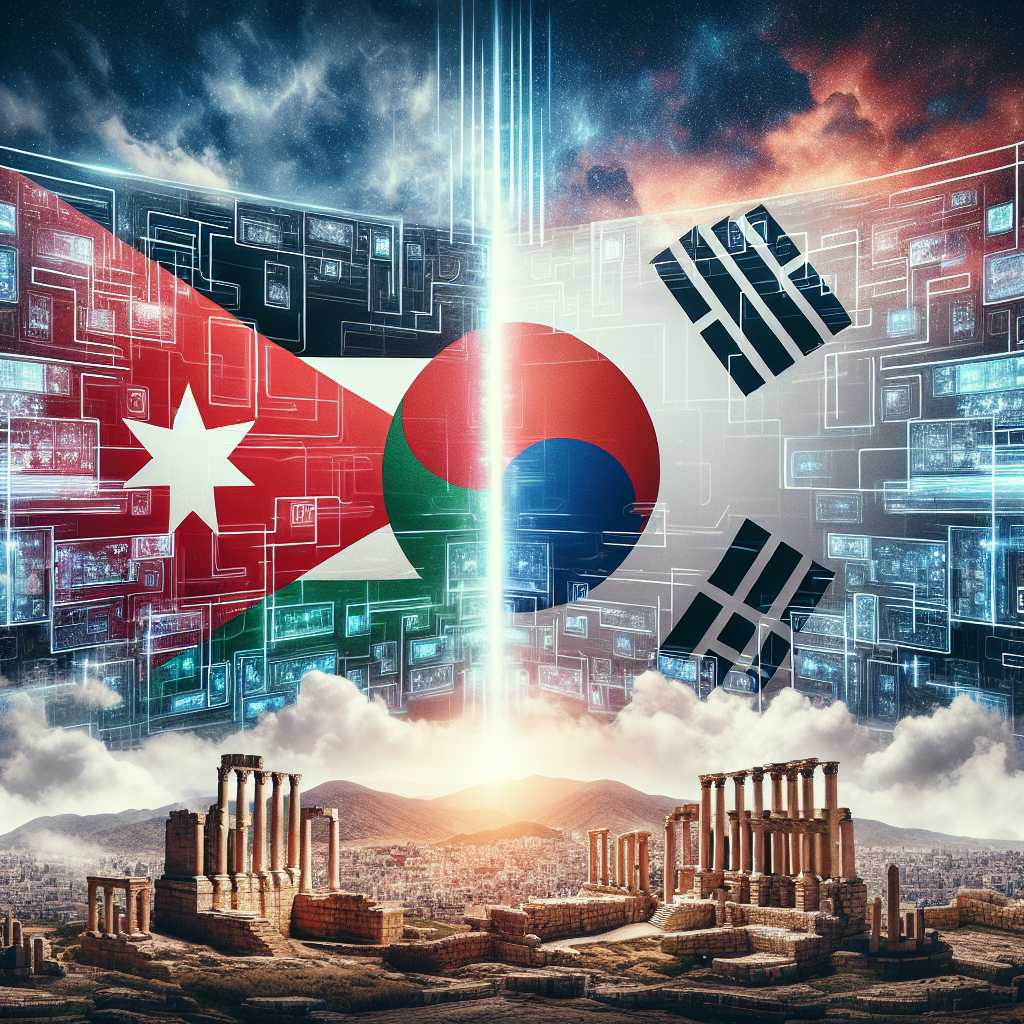Exploring the Dynamics of Jordan and South Korea Relations
The relationship between Jordan and South Korea is a fascinating study of diplomatic, economic, and cultural exchanges between two nations from different parts of the world. While South Korea, located in East Asia, has emerged as a global hub for technology and manufacturing, Jordan, situated in the heart of the Middle East, possesses strategic geopolitical significance and a rich cultural heritage. Both countries have managed continued diplomatic relationships since they officially established ties, navigating through the complexities of international politics and economic considerations.
Historical Context and Diplomatic Beginnings
Jordan and South Korea established their diplomatic relations back in the year 1962. Since then, both nations have made conscious efforts to strengthen their ties on various fronts, starting with exchanging embassies and appointments of ambassadors. This marked the beginning of a series of continuous diplomatic exchanges aimed at discussing bilateral and regional issues as well as expanding cooperation in areas of mutual interest.
Trade and Economic Cooperation
The bread and butter of the relationship between Jordan and South Korea lie in their economic ties. Trade between the two countries encompasses a range of products with Jordan often importing electronics, machinery, and automobiles from South Korea. On the other hand, Jordan exports to South Korea include phosphates and textiles.
Investments and development assistance also form key pillars of economic cooperation. South Korea has been involved in several infrastructure projects within Jordan, including water resources management — an area of critical importance in Jordan’s arid climate. Additionally, South Korean entities have engaged in technology transfers with their Jordanian counterparts to support industrial growth.
Developmental Assistance and Educational Exchanges
Jordan has benefited from various developmental assistance programs sponsored by South Korean agencies such as the Korea International Cooperation Agency (KOICA). These programs focus on capacity building within vital sectors like information technology (IT) and education in Jordan.
Educational exchange programs, scholarships, and joint research are instrumental in bolstering cultural ties; they facilitate knowledge transfer, provide higher education opportunities for Jordanian students in South Korea’s advanced educational institutions, and pave the way for closer academic collaborations.
Cultural Exchange and Diplomatic Visits
In addition to economic exchanges, both nations have recognized the importance of cultural understanding and exchange. Events promoting Korean culture such as K-Pop performances take place in Jordan while Korean audiences also enjoy exposures to Jordanian culture through various festivals and exhibitions showcasing the rich history of the Arab region.
High-level diplomatic visits further fortify these bilateral relations. Such visits provide an opportunity to discuss agreements that foster economic development, security cooperation, and cultural exchange programs intended to deepen mutual understanding between their people.
Future Prospects and Collaborations
Looking forward, there is ample room for growth in relations between Jordan and South Korea. Given their relative stability and economic growth, partnerships are likely to expand into new spheres such as clean energy development — where South Korean expertise can complement Jordan’s growing interest in sustainable solutions.
Also noteworthy is the potential for increased collaboration on global issues such as climate change, human rights, and humanitarian aid. Their respective geopolitical significances make them essential allies on such pressing international matters.
